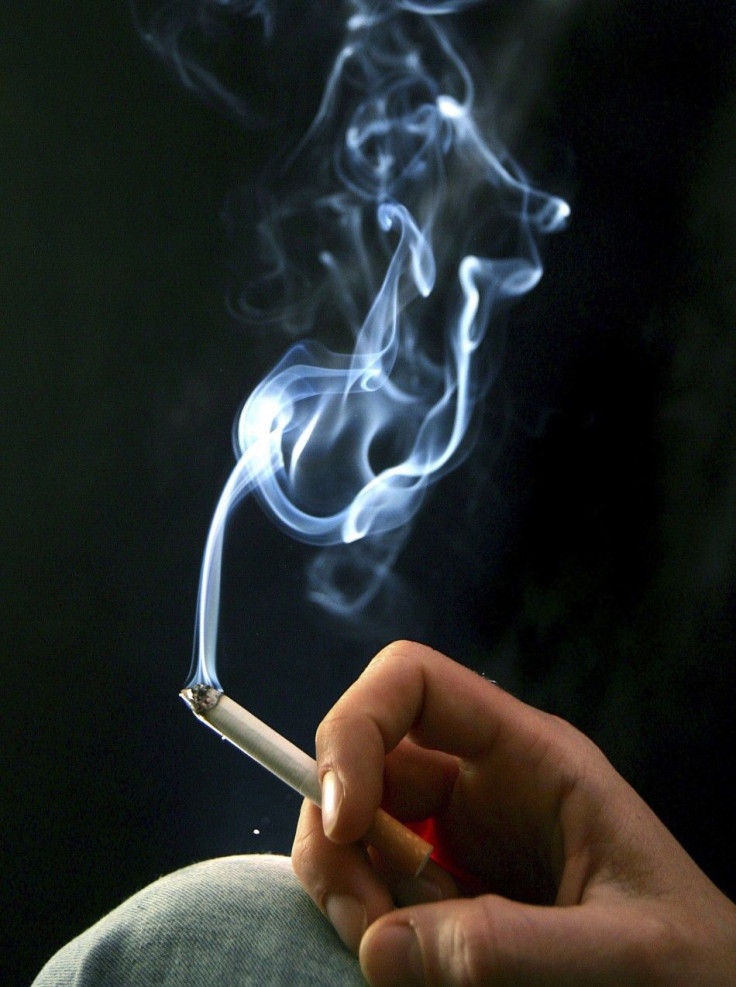Treating Tobacco Like Alcohol, Utah And Colorado Move To Make Smoking Age 21

In an effort to delay young people’s encounter with tobacco, lawmakers in Colorado and Utah advanced bills Thursday that would raise the smoking age to 21 years.
Should the proposals become law, these Western states will be the first in the nation to crack down on smoking in that manner. The move is a reaction to new research showing that many smokers develop the habit before 18 years and that those who light up earlier in life are less likely to stub it out.
Utah’s full Senate will now take up SB12 after its Health and Human Services Committee backed it 4 to 1.
“By raising the age limit, it puts them in a situation where they’re not going to pick it up until a much later age,” said Sen. Marla Brannum of Lehi, Utah. She favors the measure.
Critics of the proposal say adults should be free to make their own decisions, even bad ones. Dave Davis, president of Utah’s Food Industry Association/Utah Retail Merchants Association, argues that the Senate bill isn’t “a youth-protection bill,” and that “It will prevent folks we have determined are legal adults from getting access to a legal product.”
According to the Salt Lake Tribune, Davis also worries this move could lead to a “slippery slope” where Utah could become a nanny state where the government starts taking aim at high-calorie foods to prevent obesity, or even ban youths from riding motorcycle to avoid injury.
Utah is already one of four states (along with Alaska, Alabama and New Jersey) that require tobacco purchasers to be at least 19. Last November, then-New York City Mayor Michael Bloomberg signed local legislation to lift the age for buying tobacco from 18 to 21.
Also on Thursday, a Colorado House committee voted, 6 to 4, to increase the tobacco age to 21. Though they have more hurdles to overcome, both pieces of legislation are the farthest any states have gone to curb access to tobacco.
Utah’s 11.8 percent smoking rate (Mormons are not supposed to smoke) and Colorado’s 18.3 percent, according to the Centers for Disease Control and Prevention, are the lowest in the nation. Advocates want those figures to drop even further.
“Moving it to later, obviously we can help reduce use,” said Bob Doyle, head of the Colorado Tobacco Education and Prevention Alliance.
In a study, researchers at the University of California, Irvine, stated that raising the age to 21 would result in an 82 percent drop in smoking among youths age 14 to 17 -- from 13.3 percent prevalence to 2.4 percent.
© Copyright IBTimes 2025. All rights reserved.






















